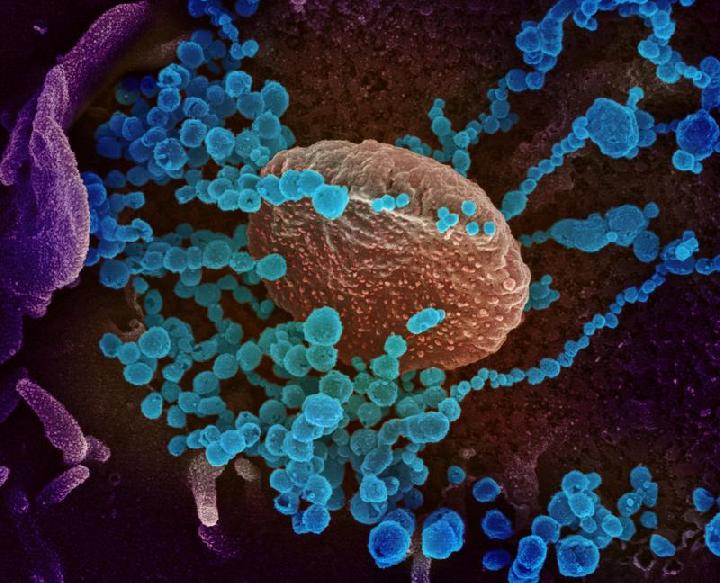How Do You Eliminate or Eradicate an Infectious Disease?
Translator
Editor
24 February 2024 11:23 WIB

By: Laila Khawar, a postdoctoral research fellow at the Kirby Institute, UNSW, and Skye McGregor, an epidemiologist and senior research fellow at the Kirby Institute, UNSW, Sydney.
Public health experts are looking beyond controlling diseases to see whether they can be eliminated locally or eradicated entirely.
The COVID-19 pandemic gave the world a crash course in epidemiology and showed in real time how an infectious disease can spread — or, with the right strategies, be contained.
Control can have enormous challenges, as the COVID pandemic made clear. But in many cases, public health experts want to go beyond controlling disease and look at how it can be either eliminated or, in some cases when the biological, economic, and environmental conditions suit, eradicated completely.
As these goals get progressively more ambitious, so too does the need for resources, global cooperation, and effort required to achieve them.
Only one disease has ever been completely eradicated in humans, which shows just how difficult it is. That was smallpox in 1980.
Here is what these different concepts mean, and why they are so difficult to achieve.
Control
All infectious diseases can potentially be controlled with the right interventions.
Control is all about managing the spread of the disease — akin to taming a wildfire rather than extinguishing it.
For example, the COVID response included measures like vaccination, mask-wearing and early detection to slow the virus transmission.
Those measures differed from place to place and changed over time as understanding of the virus developed and vaccines became available. There is no one-size-fits-all approach.
Elimination
Eliminating a disease goes beyond control.
It aims to reduce the number of local cases to zero in a specific area or even an entire country by interrupting the transmission of the infection.
It is like weeding a garden — you might eliminate weeds in your garden, but they may still persist in your neighbours' gardens.
For example, initially Australia and New Zealand pursued a COVID-zero approach (zero locally acquired cases) during the pandemic, through strict measures like community quarantines (aka 'lockdowns') and state and federal border controls.
It was later recognised that COVID-19 is not suitable for elimination, mostly because the virus is highly transmissible, regularly mutating, and neither infection nor vaccine confer full immunity. In addition there were high socio-economic costs associated with lockdowns and border control.
There are various other reasons why not all infections can be eliminated in a particular local area.
These include a lack of effective interventions against certain infections, such as vaccines (for example, there is no vaccine for HIV), curative treatments (for example, there are no curative treatments for hepatitis B) or sensitive testing and diagnostic tools.
People could be asymptomatic carriers, which risks causing undetected transmission of the disease to others.
Global travel could hinder local control measures by facilitating the spread of an infection across borders, like what was seen with COVID-19 variants Delta and Omicron.
There could also be social and cultural factors (such as stigma, discrimination, vaccine hesitancy or alternative treatments) and economic barriers (such as inadequate housing or insufficient public health funding) — which may impede elimination efforts in certain regions.
There might also be tragic consequences when a disease is falsely declared eliminated but has merely been controlled to a low level.
Take the case of leprosy: all but one country met the goal of less than 1 case per 10,000 people in 2000.
After resource-limited countries shifted their focus to other emerging problems, unnoticed spread led to only half the real number of cases being currently reported in some countries.























